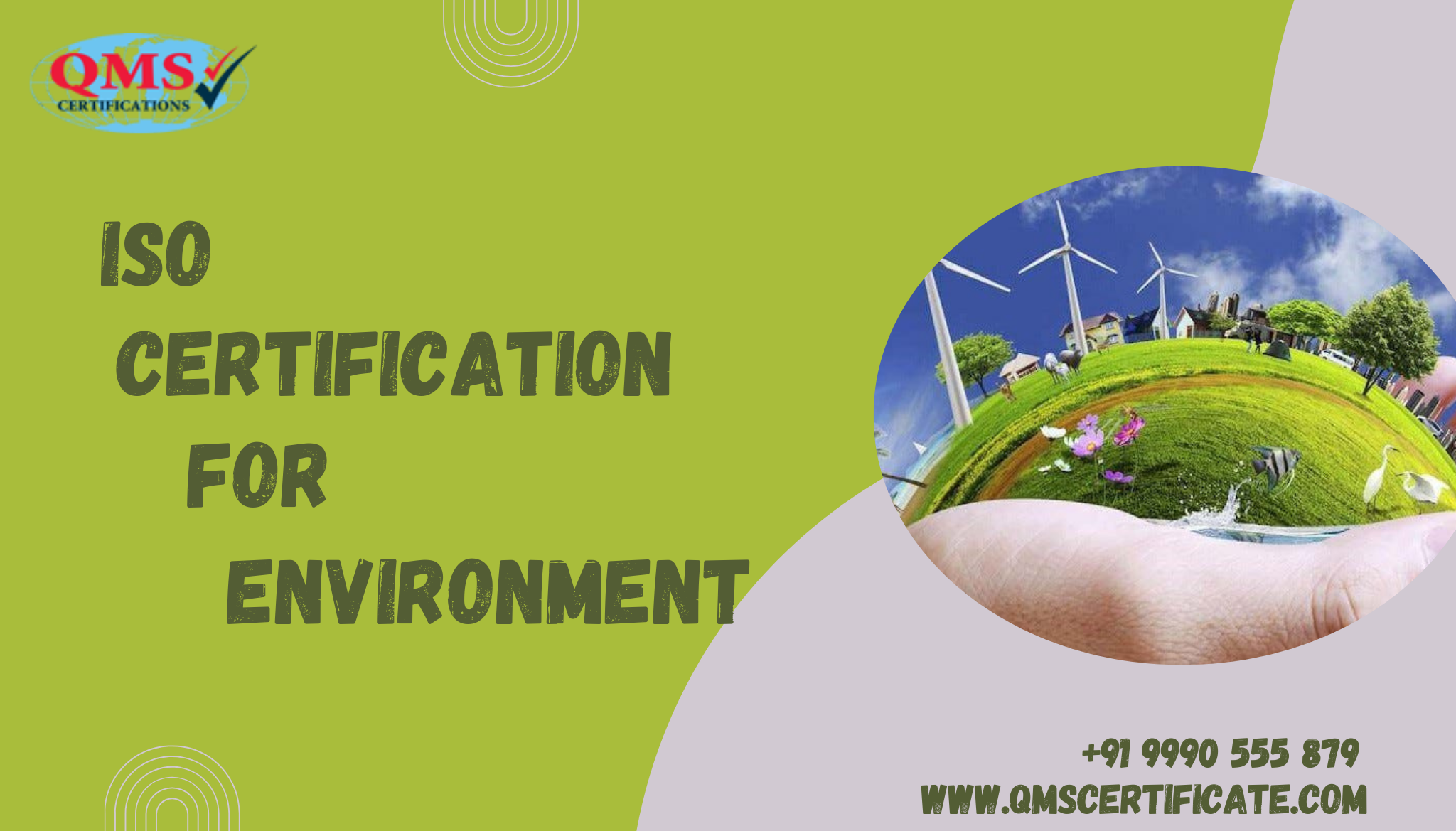ISO Certification For Environment

Introduction: Understanding ISO Certification for Environmental Management
In today’s world, where environmental sustainability is of paramount importance, businesses are increasingly turning to ISO certification to demonstrate their commitment to protecting the environment. One such certification, ISO 14001:2015, focuses specifically on environmental management systems (EMS). This article delves into the significance of ISO certification for the environment, highlighting its benefits and the standards involved.
What is ISO 14001:2015?
An internationally accepted standard for environmental management systems is ISO 14001:2015. It provides a framework that organizations can follow to establish, implement, maintain, and improve their environmental performance. By adhering to ISO 14001:2015, businesses can effectively manage their environmental responsibilities while enhancing efficiency and reducing environmental impact.
The ISO 14000 Family of Standards
The ISO 14000 family comprises a series of standards related to environmental management. These standards cover various aspects, including environmental auditing, life cycle assessment, environmental labeling, and environmental performance evaluation. By implementing these standards in conjunction with ISO 14001:2015, organizations can comprehensively address environmental concerns and achieve sustainable outcomes.
Environmental Management Systems for ISO Certification
Implementing an environmental management system (EMS) is essential for obtaining ISO certification for the environment. An EMS enables organizations to identify, monitor, and control their environmental aspects and impacts systematically. By integrating environmental considerations into their overall management processes, businesses can minimize risks, comply with regulations, and continually improve their environmental performance.
Activities Related to Environmental Management Systems and the Environment
Activities related to environmental management systems encompass a wide range of practices aimed at mitigating environmental impact. These may include reducing energy consumption, minimizing waste generation, conserving natural resources, and promoting recycling initiatives. By adopting proactive measures to address environmental challenges, organizations can contribute to a cleaner, healthier planet.
ISO Standards Used for Environmental Management
In addition to ISO 14001:2015, several other ISO standards are relevant to environmental management. Some notable ones include ISO 14004 (Guidelines for implementing EMS), ISO 14006 (Ecodesign), ISO 14064 (Greenhouse gas accounting), and ISO 50001 (Energy management). Each of these standards offers valuable guidance and tools for organizations seeking to improve their environmental performance and achieve ISO certification.
Certification Provider: QMS Certificate
For businesses seeking ISO certification for the environment, QMS Certificate serves as a trusted certification provider. With a commitment to quality and excellence, QMS Certificate offers comprehensive auditing services to ensure compliance with ISO standards. To learn more about how QMS Certificate can assist your organization in obtaining ISO certification, visit our website at www.qmscertificate.com or contact us at 93199 58655.
Conclusion: Embracing ISO Certification for Environmental Excellence
In conclusion, ISO certification for the environment is vital for organizations striving to adopt sustainable practices and minimize their environmental footprint. By obtaining ISO 14001:2015 certification and adhering to other relevant ISO standards, businesses can demonstrate their environmental commitment, enhance their reputation, and gain a competitive edge in the market. With the guidance of certification providers like QMS Certificate, organizations can embark on a journey towards environmental excellence and contribute to a greener, healthier future.